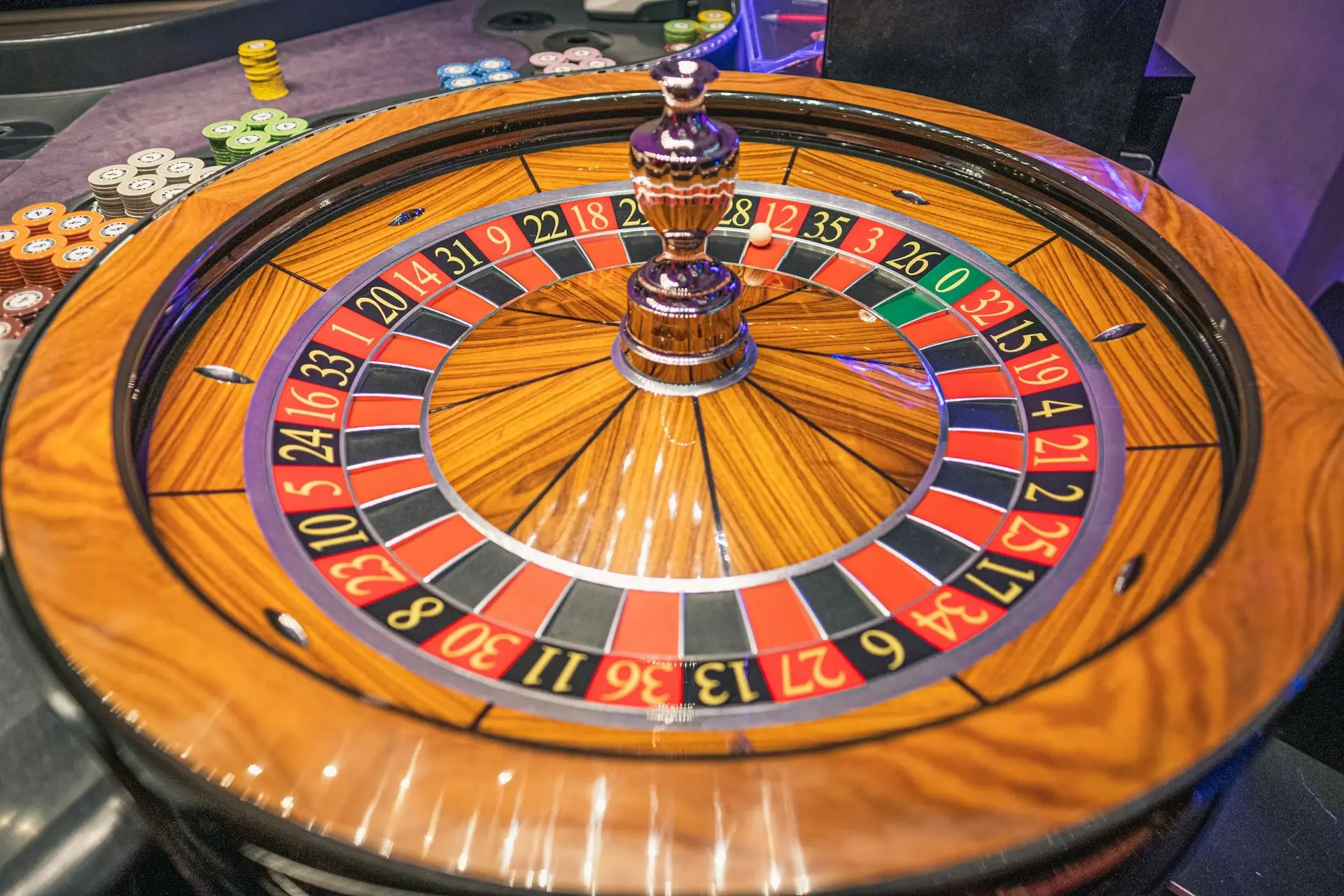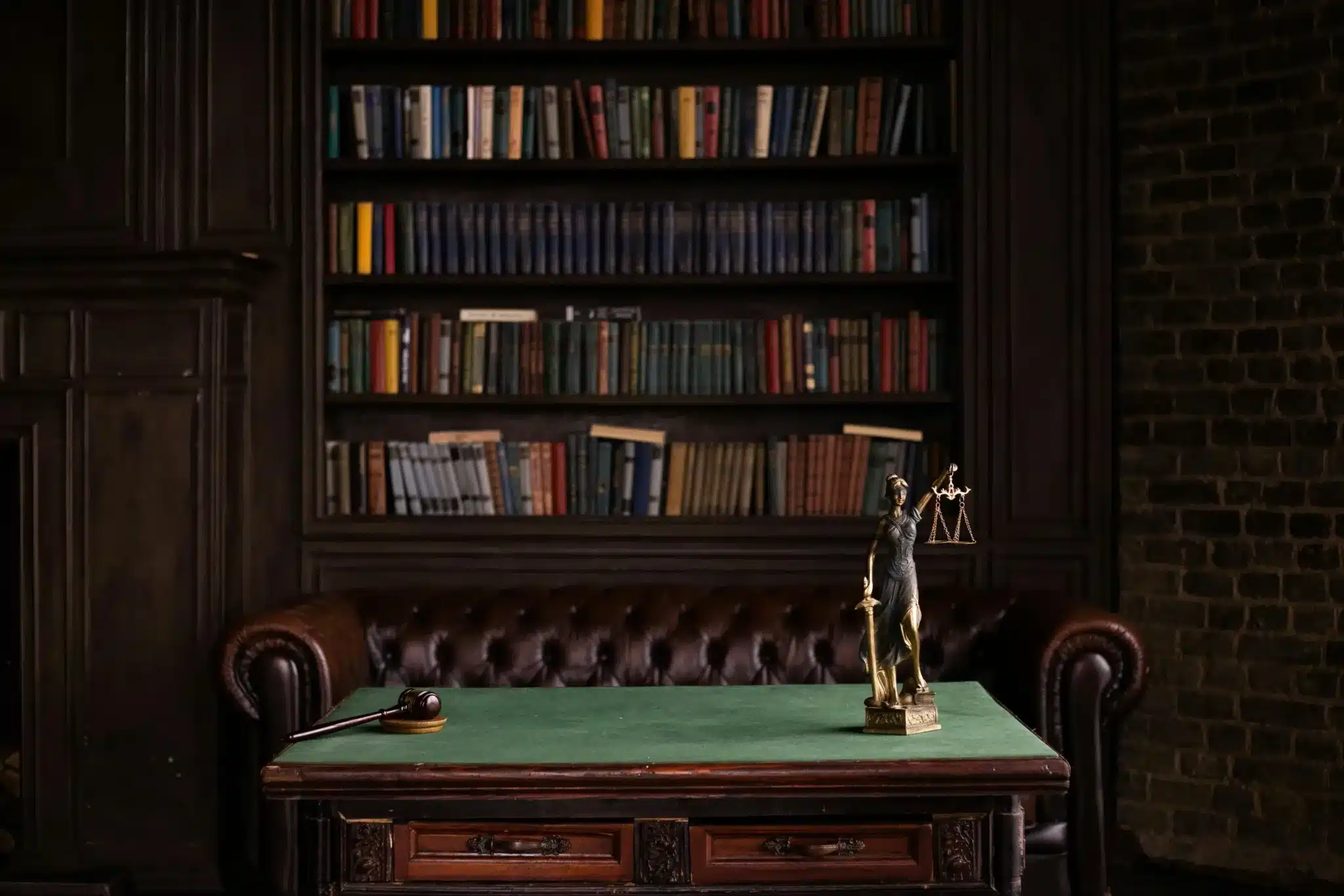TLDR
When I was 20 years old, “Teach Me How To Die” told itself to me in a single dream. I suppose many people would call it a nightmare. My mental illnesses were the fuel for that nightmare, and the journey toward those mental illnesses began when I was 12 years old.
It was 2004 during the winter holiday season. My family and I were on our way to spend six months living in Beirut, Lebanon. My parents would be teaching a semester at the American University of Beirut. I would be spending the second semester of my eighth grade year at International College, a K-12 school nestled in the hills and canyons of the AUB campus. My little brother would be at their elementary school building.
Since my parents voiced the idea, I had been opposed to the trip. My life in San Diego felt perfect. After two years of struggling with middle school, my grades were improving, and I had become the piano player for one of our school’s orchestra groups. I knew it was only for six months, but I resented my parents ripping me away from the comfort of my room, routines and best friends.
Our pitstop was Tampa, Florida, where we would practice the annual family tradition: Christmas with my Christian Lebanese maternal grandparents, my Teta and Jido (Arabic for grandmother and grandfather). Unlike usual, I wasn’t able to enjoy the visit. Dread drowned out all other thoughts and emotions. Soon I would be in a place where I didn’t know the main language. The school was English-speaking, but I would be the only American kid, and my parents had forbidden me from mentioning that my father was Ashkenazi American (commonly known as “Jewish,” despite him being secular).
To distract myself, I played “Rayman 2” on the Nintendo 64 at my Teta and Jido’s house. After a few hours, I had to pee, but the pause button was broken. If I left, I would risk losing the progress that seemed so precious. So I held it in. This decision damaged my entire body, perhaps permanently.
More time went by, and suddenly my insides became horribly bloated. I tried to pee, but I couldn’t. I couldn’t poop either. Between my belly button and thighs, everything was freshly hardened cement.
We went to the doctor and did some tests. He said I was just constipated and that I’d be better soon. Nothing improved, not passively. During those six months in Lebanon, my entire urinary and digestive system was throbbing every minute of every day, but I could not sufficiently relieve myself. Barely anything came out. I made at least 12 trips a day — sometimes more than 20 — all to shave a thin sheet of discomfort off a glacier of bodily misery.
None of the doctors we saw had any answers. My parents had no idea what was going on. Sometimes they thought I was just acting out. Several of my classmates bullied me, as well as a teacher.
One of my coping strategies was to form a belief system of negativity and self-reliance:
- Doctors can’t help me.
- No one can help me with my health problems.
- I have to help myself.
- I shouldn’t rely on anyone to help me with the most important parts of life.
- I have no control of my life.
When we returned to San Diego, my symptoms greatly improved. Clearly there was a powerful psychosomatic element at work. Nonetheless, I still had a palpable urinary retention problem. I most likely always will.
While having a wonderful time in high school, I gradually developed other health problems that were nearly impossible to diagnose and treat with traditional Western medicine. My right arm stiffened and lost the majority of its muscle stamina. Eventually it was difficult to play piano. Then it was my right ankle, then my left arm. My body cracked and ached all over. More batteries of tests, more results saying I was fine.
Again, it was up to me. Through sheer willpower and discipline, I developed a system of routines, orthotics, resting positions and meditations. The cynical beliefs chiseled themselves deeper into my psyche.
During my sophomore year of college at NYU, I found an alternative medicine treatment that dramatically healed much of the muscle tension in my arms. Apparently my fascia — the tissue that binds muscles, nerves and organs — had become severely dense and knotted.
Simultaneously, other parts of my physical functioning were deteriorating. My constipation flared up again, so badly that I could only go a bit if I consumed the most powerful stimulant laxatives available over the counter. My sleep got worse. Instead of only waking up to deal with my urinary retention, I was also arising for unexplained reasons. I stopped dreaming as well. Another round of tests, another synchronized dance performance of shoulder shrugs and open palms from doctors.
During the summer between my sophomore and junior year, I was suddenly unable to sleep for four days. Sleeping pills and melatonin were ineffective. My San Diego-based therapist diagnosed me with major depressive disorder and generalized anxiety disorder. His hypothesis was that my negative belief system, which I had intended to be a placebo of relief for my physical ailments, had actually become a poison pill. The poison had dissolved and dispersed through my body. It had become a duo of mental illnesses with crippling psychosomatic symptoms.
He said I needed to take antidepressants immediately. Otherwise I would risk death by sleep deprivation.
He was right. I started sleeping again, barely, but enough to survive.
My junior year at NYU began. Administrators referred me to a psychiatrist and therapist. My dreams returned, but they were all nightmares about my death. Even during the day I saw visions of my life ending in every way possible. When I walked by construction equipment, my mind created a flip book of pictures where I was crushed by falling debris. Trains ran me over. Dogs hungered for my throat. I was the target of every gun and knife in New York City.
It was always passive. I never took my own life. My theory was that a part of me wanted to die so I could escape the pain my body was in. I believed the waking life would offer no reprieve.
But I didn’t want to kill myself. My loved ones would be devastated. If I died tragically, from something out of my control, I wouldn’t bear any responsibility. It was strange to desire death, but not be suicidal.
When I brought these thoughts to my NYU-based therapist, he said, “Well, you don’t really want to die, right? Try not to think about it.”
Maybe I shouldn’t have expected better advice. The therapy was “free” for 12 weeks, a perk of my overpriced tuition. He was not in the league of my San Diego therapist, whom we were actually paying directly. Still, I tried his strategy.
It failed miserably. The nightmares became more violent. My anger intensified. The death energy pushed back.
With the hope of an opposite result, I tried the opposite strategy: Embrace thoughts of death. Don’t run from them. Then maybe I’d feel better in the long run.
I asked my mind to hit me with everything it could. That night “Teach Me How To Die” revealed itself to me scene by scene. Minutes after waking, I frantically scribbled notes on the major plot points and characters.







